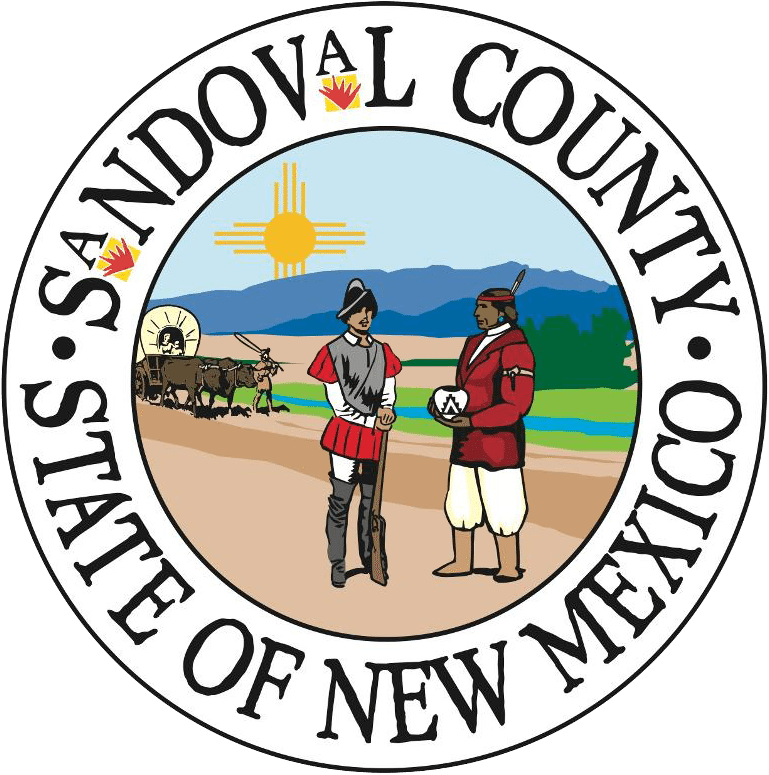Securing financing to keep growing is one of the biggest challenges small business owners face.
“It seems like banks are always courting small business, but when It’s time to make a decision about giving us a loan, suddenly we’re not big enough,” says Amanda Davison, owner of Family Connections LLC, a mental health counseling business with offices in Rio Rancho, Albuquerque and Los Lunas.
Frustration with that business reality brought Davison to a workshop titled “Public and Private Financing for Your Business” hosted by the Sandoval Economic Alliance (SEA). The workshop, held February 10, 2016 at the SEA’s Rio Rancho office, was the second in a series of 11 such educational events scheduled for 2016.
The first workshop, in January, introduced attendees to incentive programs for businesses. The next one, scheduled for March 9, 2016, will cover commercial real estate for business.
At the financing workshop, Joe Sierra, Rio Rancho market president for Century Bank, advised business owners seeking bank financing to start talking with bankers before submitting a loan application. “If you start talking to your bankers early, you can eliminate a lot of the hurdles,” he said.
The biggest hurdle for most small businesses, according to Sierra, is a lack of solid financial statements. “Most small businesses don’t put enough effort into their financial statements,” he said. “They don’t understand cash flow or business planning. They need to get an accountant to help with those things. Good financial statements will tell you if a business really is in a position to expand.”
While conceding it may be difficult for small businesses—particularly those that have been operating less than two years—to secure bank financing, Sierra urged business owners to keep trying. “Seek out multiple funding sources,” he said. “You can shop other banks, or look for an agency that may want to guarantee your loan.”
Alternative Funding Sources
Davison took that route after her bank declined her application for a loan to purchase a building to house her company’s Rio Rancho office. She turned to the Enchantment Land Certified Development Company (ELCDC), a private, non-profit organization that partners with local banks and the Small Business Administration (SBA) to help small businesses secure loans. In a typical deal arranged by ELCDC, the bank will carry 50% of amount borrowed, with the SBA carrying 40% and the business owner making a 10% down payment.
“We can help with purchases of real estate and capital equipment,” Steve Carruthers, an ELCDC loan officer said at the workshop. “We can help startup businesses, but we focus on existing businesses that are ready to expand but may not meet the bank’s loan criteria.”
Other agencies that can offer lifelines to businesses that may not meet a bank’s financing criteria also participated in the workshop. “We can assist small startups because we don’t have the same restrictions as the banking industry,” said George Kenefic, director of enterprise empowerment with the Loan Fund, a non-profit entity founded in 1989. “We recently loaned $2,000 to a gentleman to open a barber shop. We also work tourism-related business that have seasonal income, and we can adjust their payment schedules to accommodate that situation.”
While these alternative lenders can help small business when banks can’t or won’t, they don’t advise abandoning the thought of applying for bank financing. Instead, they often assist business owners with organizing their financial statements so they are more likely to qualify for bank loans in the future.
The New Mexico Finance Authority (NMFA), a quasi-state agency, helps businesses that don’t meet a bank’s collateral requirements, but it requires its clients to prove they can meet all of a bank’s other loan approval criteria. The NMFA will then partner with the bank by taking on a portion of the loan while the bank—knowing that NNMFA is on board—agrees to carry the rest.
“We try to promote public-private partnerships,” said John Brooks, NMFA’s director of commercial lending. “Sometimes businesses come to us directly seeking a loan, but we tell them to talk to a bank first and then we’ll work with them.”
The idea—as it is with all of these lenders—is to help small businesses reach the point of being able to stand on their own.
